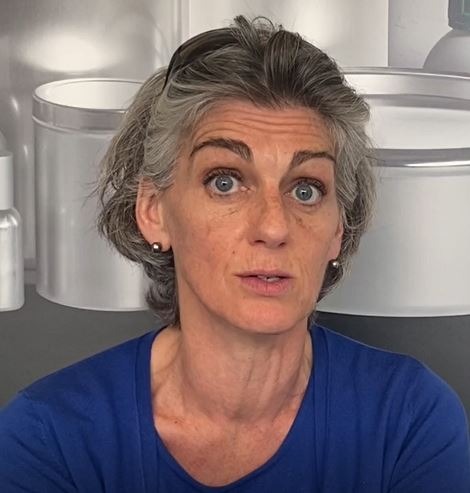Descubra las novedades del grupo industrial experto en la protección de materiales sensibles y peligrosos, así como el listado de ferias y eventos en los que participa Tournaire.
AT TOURNAIRE, WE HAVE BEEN ORGANIZING OURSELVES TO LIVE WITH THE HEALTH RISK OVER THE LONG TERM. GRASSE, 29 APRIL 2020.

Jeanne Lions
Finance and IT Director at Tournaire for the past 20 years.
Head of the crisis unit.
What can we learn from this period?
The assessment of this period is that, thanks to the involvement of all employees, we were able to put in place the conditions that allowed us to continue the activity. We must, therefore, collectively thank all of the employees present. Present not only physically but also morally by maintaining a serene atmosphere.
The bottom line is also that, fortunately or unfortunately, we can never predict the future and that, more than ever, it is important for a company to be agile and responsive, to know how to question all plans in order to adapt to the economic, environmental or social environment. This is our raison d’être.
It is now necessary to take into consideration this variable which today is COVID-19 but tomorrow may be another virus. At Tournaire, we must implement structures and resources in order to live with this health risk over the long term, both internally and in our daily exchanges with our customers and suppliers. We must arm ourselves to counter any future attack and be able to react as quickly as possible.
What is post-confinement for Tournaire?
At Tournaire, we have not experienced any disruption in our activity. We have experienced a drop in activity and a high absenteeism rate. There is no post-confinement in the company but a post-confinement in society. It is when we reintegrate employees who are today absent that we will have to adopt all of the recommendations on social distancing and barrier measures. This also requires us to communicate constantly to enable all of our employees to act correctly in the face of this threat that, unfortunately, will probably last for many months.
What advice would you give to your fellow directors in the region?
Do not hesitate to communicate and share and rely on the advice of our professional associations, which are precious collectors and transmitters of information.